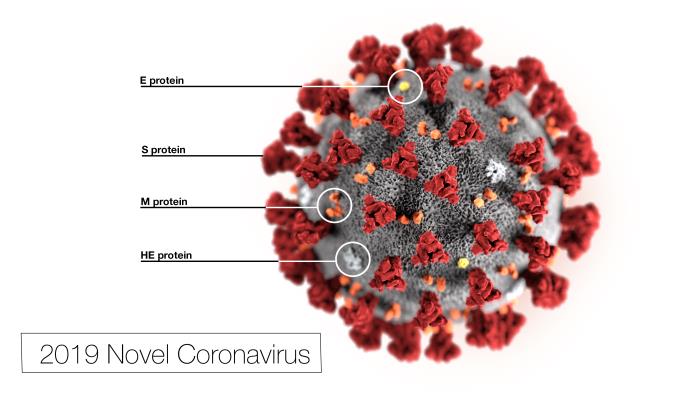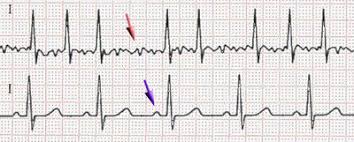Author Interviews, Brigham & Women's - Harvard, Critical Care - Intensive Care - ICUs, NEJM, Pediatrics / 24.06.2020
How is Patient Safety Affected When Residents Stop Working 24-Hour Shifts?
MedicalResearch.com Interview with:
Christopher P. Landrigan, MD, MPH
Chief, Division of General Pediatrics, Boston Children’s Hospital
Director, Sleep and Patient Safety Program, Brigham and Women's Hospital
William Berenberg Professor of Pediatrics, Harvard Medical School
Boston Children's Hospital
Boston, MA 02115
MedicalResearch.com: What is the background for this study?
Response: An enormous body of literature demonstrates that sleep deprivation adversely affects the safety and performance of resident physicians, as well as individuals across other occupations. Resident physicians are at greatly increased risk of suffering motor vehicle crashes and needlestick injuries, and are at substantially increased risk of making medical errors, when working on traditional schedules that include 24-hour shifts.
We previously conducted a randomized controlled trial in two intensive care units that found resident physicians made 36% fewer medical errors when a scheduling intervention was introduced that eliminated 24-hour shifts but held resident workload constant.
The current study, ROSTERS, was a 6-center study that again introduced a scheduling intervention to eliminate 24-hour shifts in intensive care units. Due to varying resources and unit organization across sites, each hospital developed its own staffing plan to accommodate the intervention. (more…)






























